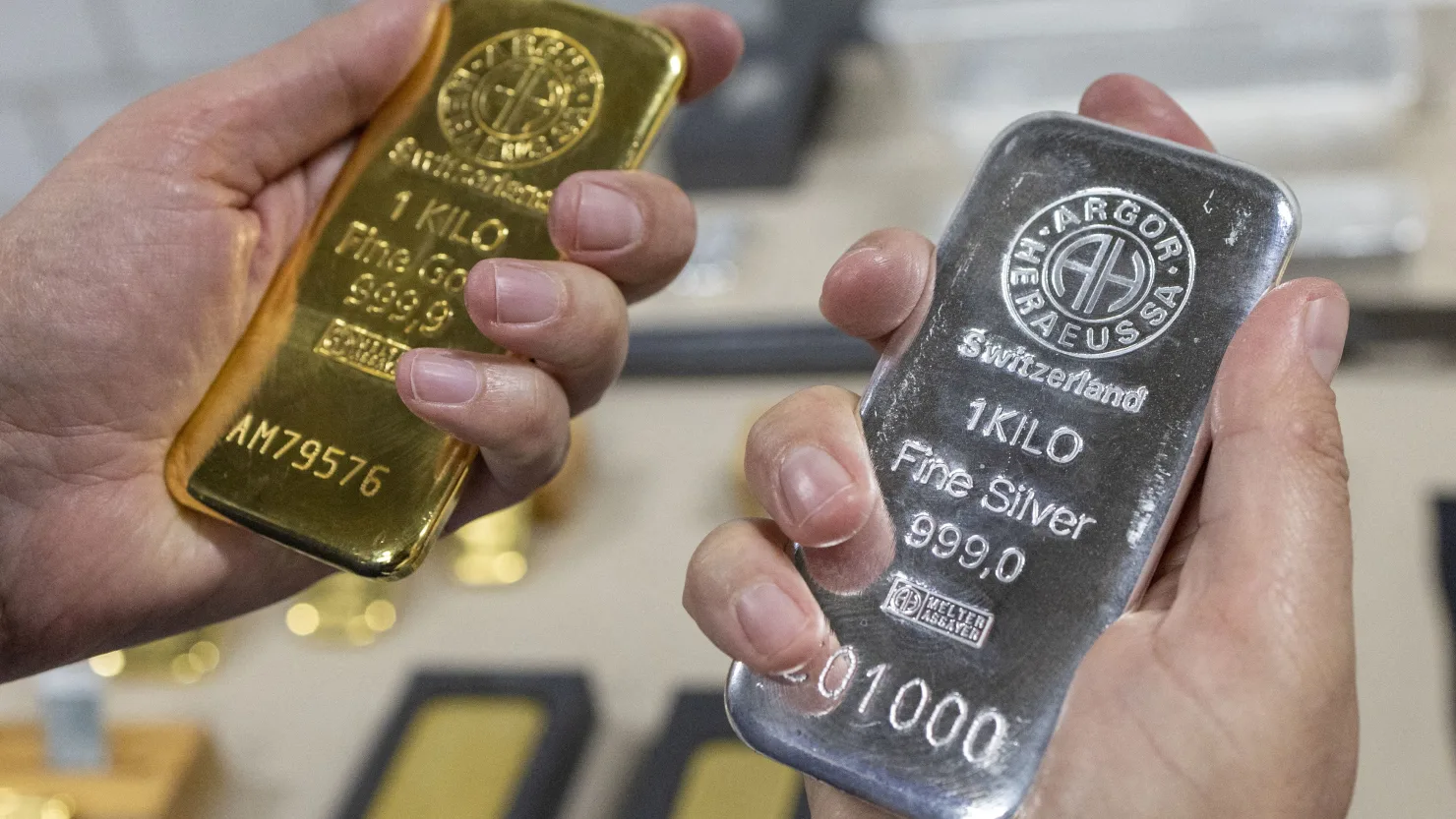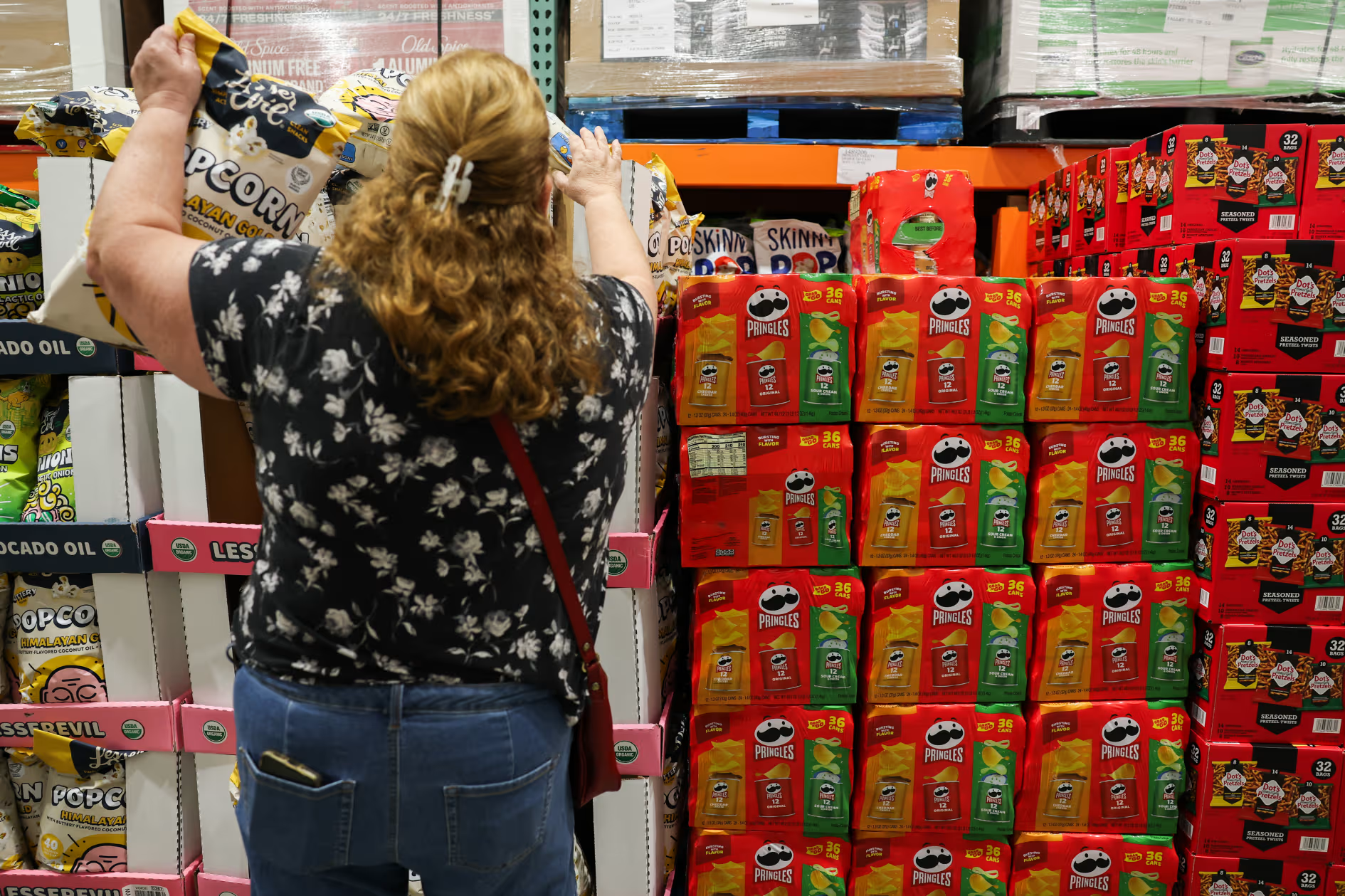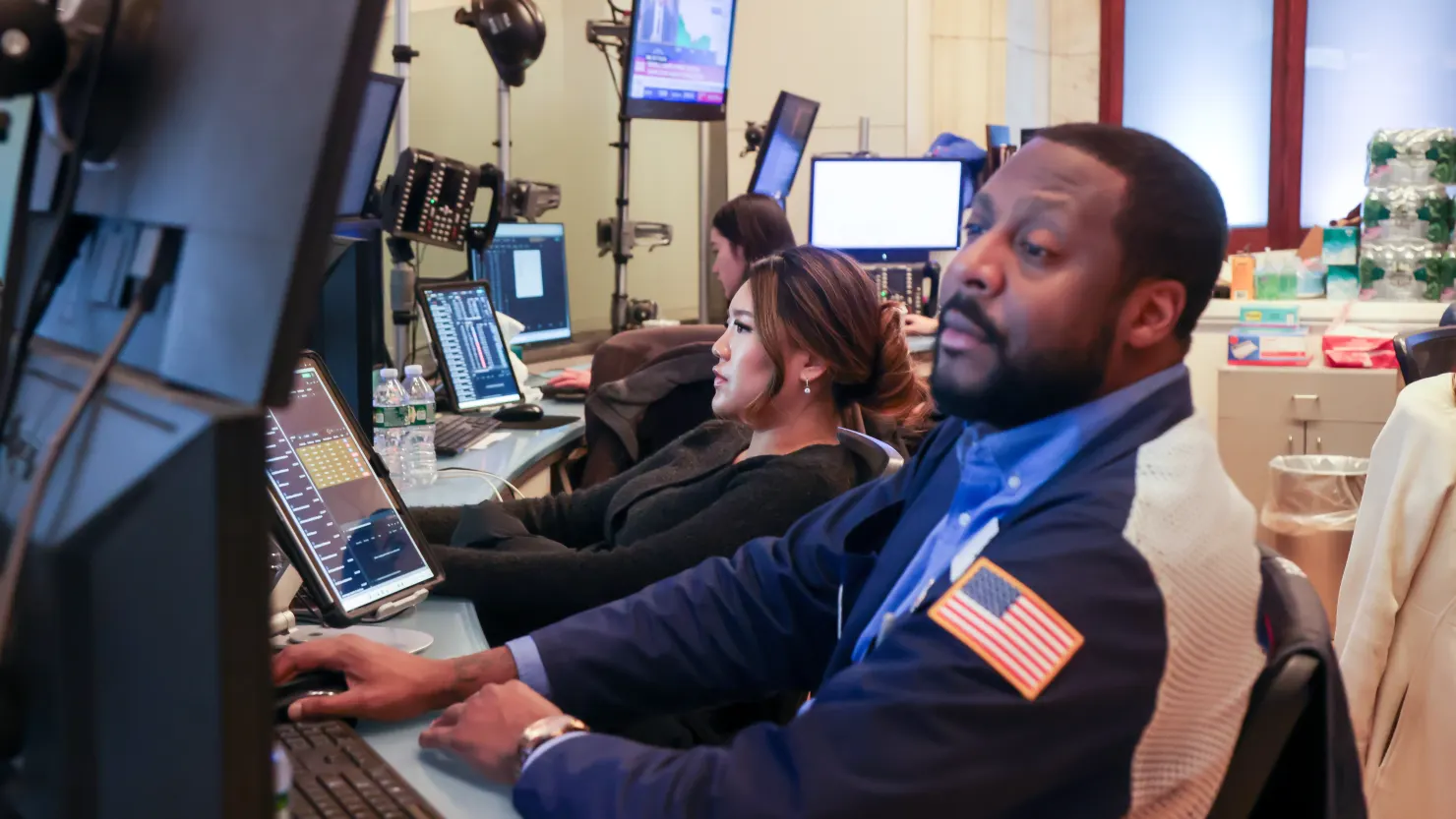China’s post-New Year bounce is fading fast. Fresh data show both shoppers and factories easing off the gas in August, sharpening worries about the world’s No. 2 economy with a high-stakes US tariff truce set to expire in early November.
Retail sales rose 3.4% year over year — the weakest gain of 2025 and the smallest since Aug. 2024. Industrial output grew 5.2%, also the year’s low and the softest since Aug. 2024. Fixed-asset investment (Jan–Aug) eked out 0.5% growth — the worst on record for this period outside the 2020 pandemic shock.Property slump: New-home prices fell at a faster clip; Beijing new-home sales slid 19% from a year ago.
That’s a stark comedown from a stronger first half, when booming exports helped lift GDP 5.3%. With the 90-day tariff truce with Washington expiring in early November, the fourth quarter could hinge on whether that détente holds — and what Beijing is willing to spend to shore up growth.
Two big drags keep showing up in the data:
- Deflationary pressure: Producer prices fell 2.9% year over year in August. Headline consumer prices dipped 0.4%, signaling weak pricing power and still-cautious households.
- Real estate: The housing downturn is still weighing on everything from construction to consumer confidence. Even with state-backed infrastructure and “new-tech” projects, private investment remains soft while SOEs do the heavy lifting.
Unemployment nudged up to 5.3%, reflecting a tough jobs market for graduates and services workers — another headwind for spending.
Policy makers have room to nudge rates lower, boost bank funding, or roll out targeted stimulus for households and strategic sectors. But there’s a catch: a hot stock market makes officials wary of unleashing broad easing that could inflate asset bubbles. Expect more incremental moves unless growth looks at risk of missing the “around 5%” target.
China’s antitrust regulator said Nvidia violated anti-monopoly rules tied to its 2020 Mellanox acquisition — a pointed move as trade talks continue. The US says it’s “very close” to resolving the TikTok dispute, part of a broader negotiation track that matters for supply chains and investor sentiment.
The “collectibles” craze is cooling: Pop Mart has dropped more than 20% from its peak as demand for Labubu dolls fades. BYD shares are down over 30% from May’s record amid a bruising EV price war — a reminder that cutthroat competition isn’t just in chips and phones.
China’s August readout is a reality check: consumers are cautious, factories are slowing, and builders are still hurting. Unless confidence turns — via a stable trade backdrop and more precise policy support — growth will likely lean on state projects rather than a true private-sector rebound heading into year-end.
With input from Reuters, Bloomberg, CNBC, and the Financial Times.










The latest news in your social feeds
Subscribe to our social media platforms to stay tuned